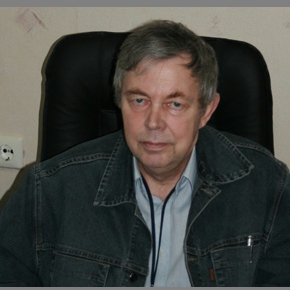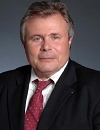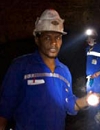 |
||
|
Japanese living near Fukushima plant advised to move RIA Novosti, PUBLISHED March 26, 2011 People living in a 20-30 kilometer radius of Japan's troubled Fukushima power plant have been advised to move due to food shortages, Kyodo news agency said on Friday. Topics: NPP Fukushima Daiichi Other news: Russia ready to finance Egypt first nuclear plant Russia confirmed its participation in a tender to build Egypt's first nuclear power plant and said it was willing to help finance the project. ARMZ acquires Australian uranium producer in $1.2 bln deal ARMZ will pay eight Australian dollars per share, which represents a 15.5 percent premium on the average market price for 20 trading days. Russia to start building Turkish NPP in 2013 Russia will start building Turkey's first NPP estimated at $20 billion in 2013, Russian ambassador to Ankara Vladimir Ivanovsky said. |
Hero of the day 
Alexander Chistozvonov: end of the Romantic period Today, the army of managers is earnestly believing that one can take the man responsible for the licensing of alcoholic beverages, and put it on licensing, and even to supervise the nuclear reactor. INTERVIEW
Christophe Behar OPINION
Vladimir Rychin |

